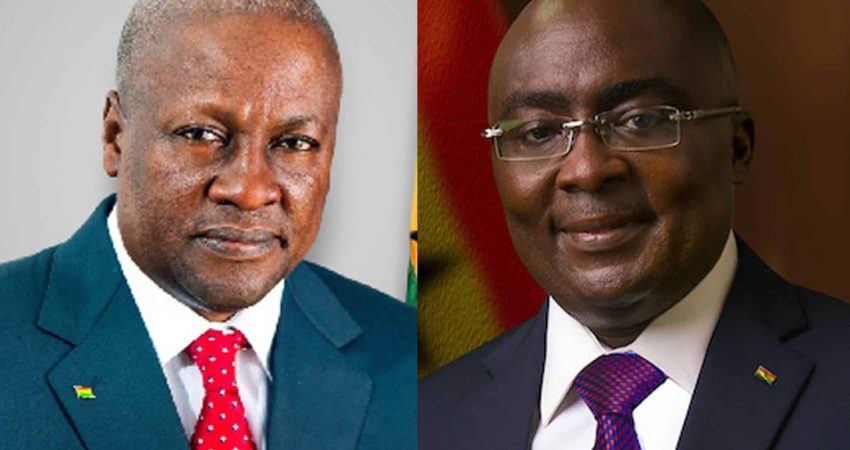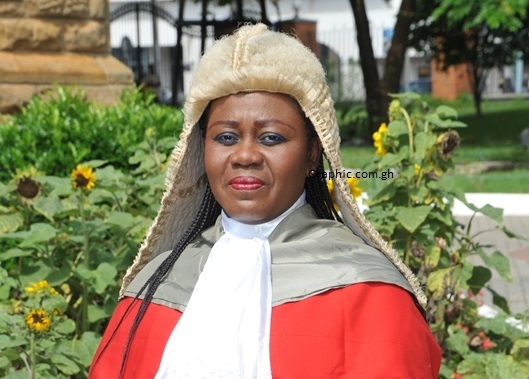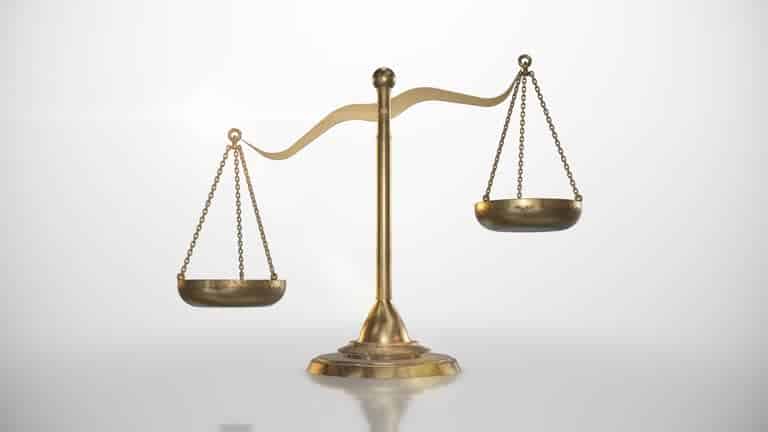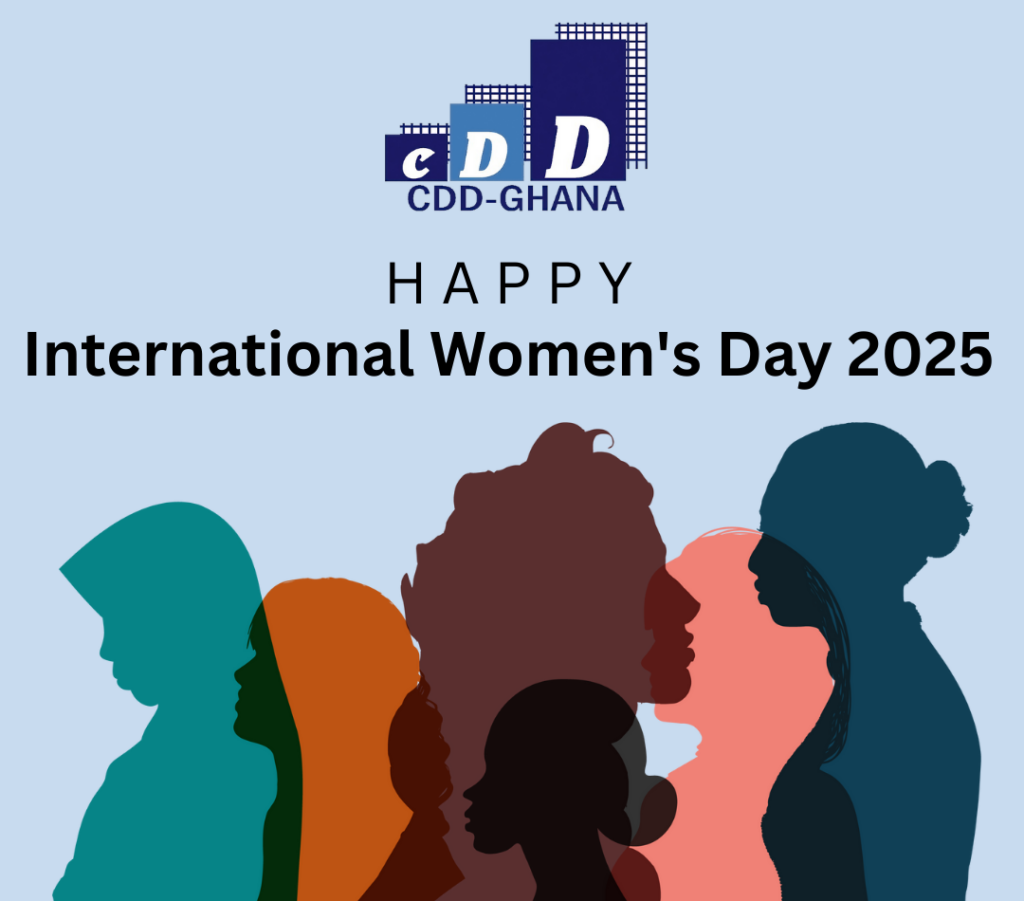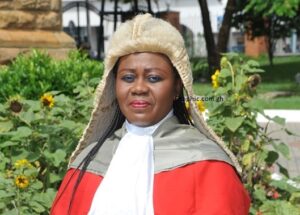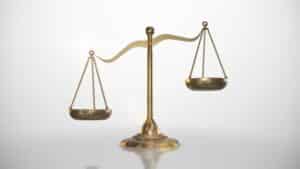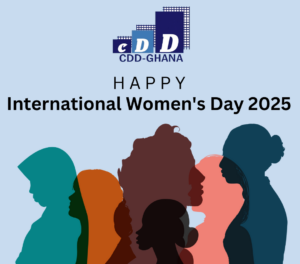The Institute of Economic Affairs (IEA) has announced plans to hold presidential and vice-presidential debates as part of its election year activities. Prior to the IEA’s announcement, Ghanaians were already having conversations about presidential debates in the proverbial public square. Partisans of Ghana’s two main political parties (NDC and NPP) are at odds on this.
NDC partisans, it is very clear, have no appetite for a presidential debate. The spokesperson for the John Mahama Campaign, Madam Joyce Bawah Mogtari, recently tweeted “there is nothing left to debate.” To up the ante, a strongly worded campaign press statement released and signed by her lends further credence to the fact that we are unlikely to see the NDC flagbearer participate in any presidential debates. Well, at least not the ones being proposed by the IEA. Other known party voices have made references to a Dr. Bawumia statement back in 2016 in which he appears to reject the idea of a presidential debate and question why his enthusiasm for one in 2024.
NPP partisans argue a debate is needed and signal strongly the readiness of Dr. Bawumia (party flagbearer) to participate. In fact, Dr. Bawumia, has publicly called for a ‘mano-a-mano’ debate with NDC Flagbearer John Mahama, going as far as to say his “opponent is running away from a debate.” The determination of NPP partisans for a debate between the two flagbearers can be seen in the strong exception taken to the John Mahama Campaign press statement referenced above.
The Utility of Presidential Debates
Presidential debates are important. They offer a platform for candidates to directly “confront” each other on the key issues voters care about in this election. Keep in mind that this “confrontation” occurs daily during campaign stops where flagbearers ‘throw punches’ at their opponents on matters of policy and suitability for office. A presidential debate strips the ‘confrontation’ of the temperaments associated with campaign stump speeches, social media banter between partisans, and shouting matches between party communicators as witnessed sometimes during media appearances.
On a debate stage, it is the candidate against each other, under the pressure of time, and in the full glare of millions of Ghanaian voters articulating reasons why they should be elected the next president of Ghana. On the debate stage they must be able to explain a policy idea or proposal while dealing with counter arguments from their political opponent. How Ghanaians judge debate performance can go a long way to determine if they feel a particular candidate has what it takes to tackle the socio-economic and governance challenges facing the country if elected.
Here is the reality about the upcoming election. There are millions who already know how they will vote. For this group of voters, a presidential debate has no consequences for them. Their minds are already made up. However, there are two other groups of voters for whom a presidential debate can make a difference. First, there are “undecided” voters. For such voters, how they judge performance may be the last factor that tilts them towards a particular candidate and ultimately how they vote.
Second, there are voters who, although have made up their minds, are still amenable to rethinking their choice. Again, for such voters, a single moment in a presidential debate is all they need to change their mind.
Whichever way you look at it, I believe debates play a useful role in presidential elections and IEA’s decision to hold one this year must be applauded. It is the reason why I find the strongly worded from the John Mahama campaign press IEA very disappointing. Deciding not to participate is the prerogative of the campaign but to question and appear to ascribe ill motive to the IEA is rather unfair. Furthermore, the IEA does not need constitutional authority to organize a presidential debate. After all, John Mahama gladly participated in an IEA organized debate in 2012. Election year activities must not only be the ones required by the constitution. There is a place for healthy conventions and traditions in our politics.
Will the NDC and NPP Flagbearers Participate in A Debate?
The history of participation in presidential debates organized by the IEA, especially by our two main political parties, has been interesting. In 2008 and 2012, flagbearers of both parties participated. In 2000, the NDC flagbearer was absent while in 2004 the NPP flagbearer was absent. In 2016, both flagbearers of the NDC and NPP were absent. I must add that the NDC Flagbearer however chose the state broadcaster (GTV) and engaged in what was called a Presidential Encounter during which he answered several questions. In 2020 while the NDC flagbearer indicated a readiness to debate, the same could not be said of his NPP counterpart.
With this history of participation in presidential debates by candidates of our two main parties, one cannot say with certainty whether both parties will participate once a formal invitation is extended. Judging from current public rhetoric I think it is fair to say we may not witness a ‘mano-a-mano’ presidential debate.
There are political rewards and risks when it comes to participation or otherwise in these presidential debates. What are the rewards? Recall the two groups of voters who are either undecided or open to changing their minds about who they intend to vote for. A candidate stands to gain these voters if their debate performance is judged to be superb in terms of convincing them of the superiority of their ideas for moving the country’s social and economic development needle forward. But to enjoy these rewards, candidates must take the risk and participate.
Candidates also face two types of risks when it comes to presidential debates. First is the risk of participating. If the candidate participates, and their performance is judged to be subpar, thus raising questions about their suitability for office, they lose the two groups of voters who are waiting to decide or open to changing their minds.
Second is the risk of not participating. Remember the two groups of voters who are waiting to decide or change their minds? A candidate risks losing them if non-participation is viewed negatively and as a snub of the Ghanaian voter.
Are there any rewards for non-participation? You keep your committed voters and hope they can carry you over the 50% plus one vote threshold. Otherwise as a candidate, you hope that the Ghanaian voter places no premium on presidential debates.
It will be great to have a presidential debate, but it is up to the two main political parties as they weigh the risks and rewards of participating or boycotting. In the absence of one, an acceptable alternative will be for the candidates to hold media engagements and answer as many questions as they can. John Mahama has already shown the way. Hopefully, other candidates will follow suit.
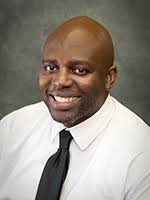 Prof. John Osae-Kwapong is a Democracy and Development (D&D) Fellow at the Ghana Center for Democratic Development (CDD-Ghana) and the Project Director at The Democracy Project.
Prof. John Osae-Kwapong is a Democracy and Development (D&D) Fellow at the Ghana Center for Democratic Development (CDD-Ghana) and the Project Director at The Democracy Project.


